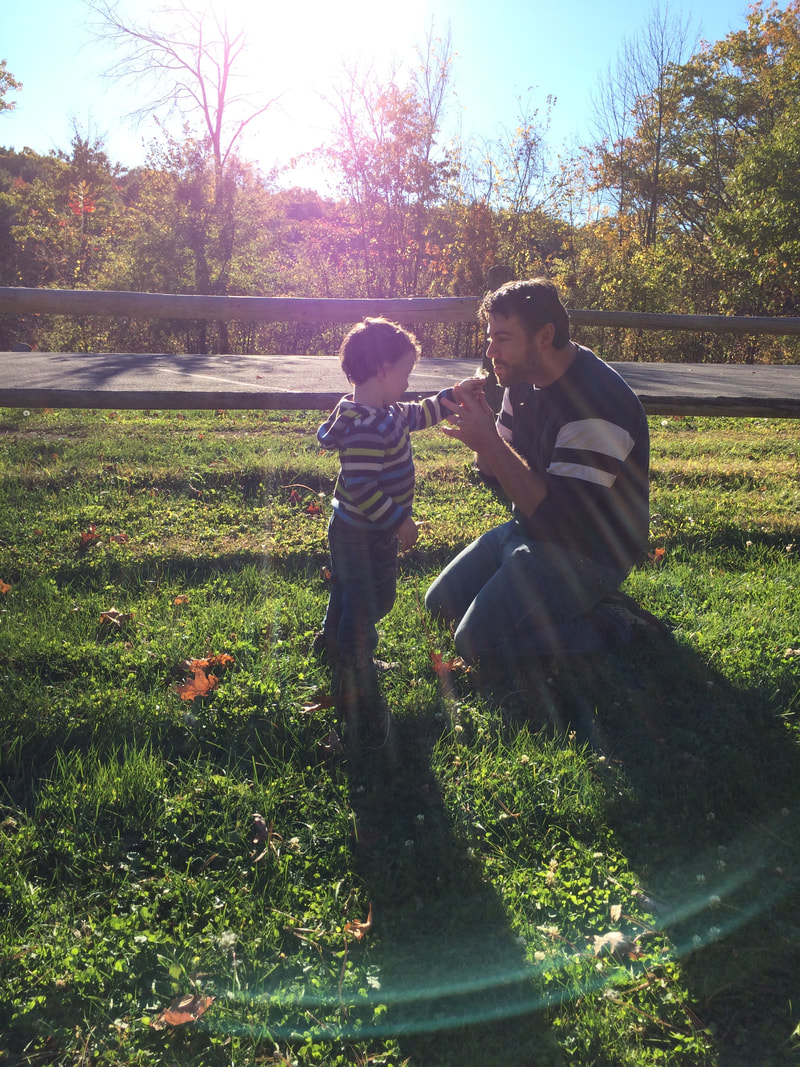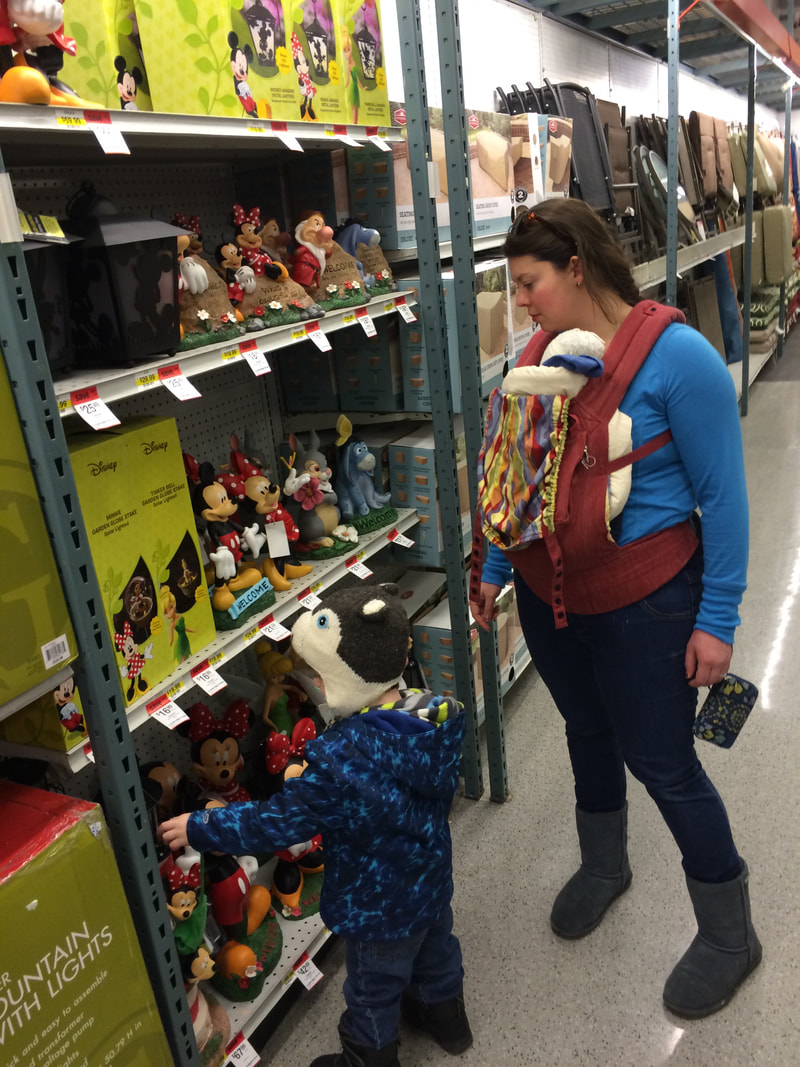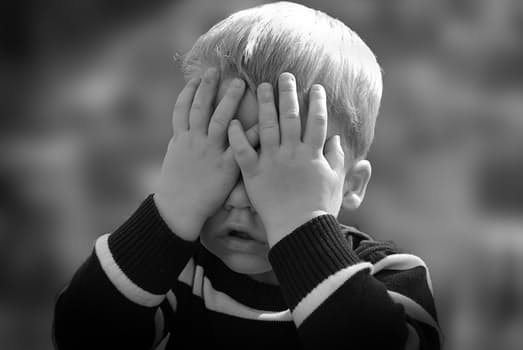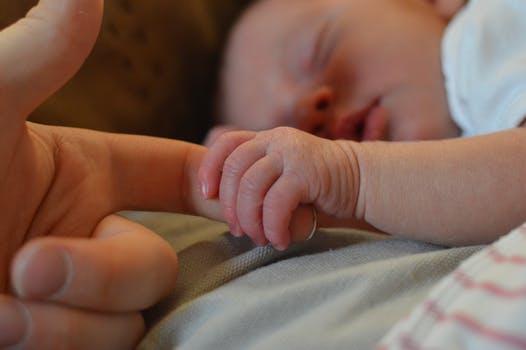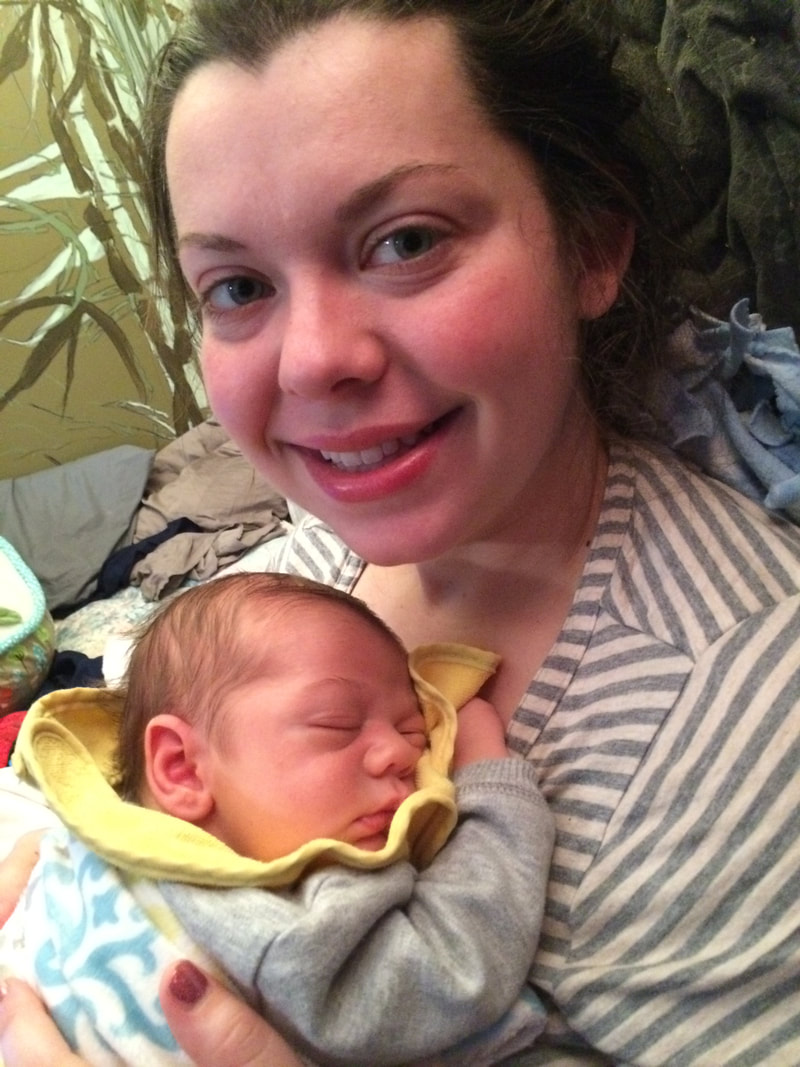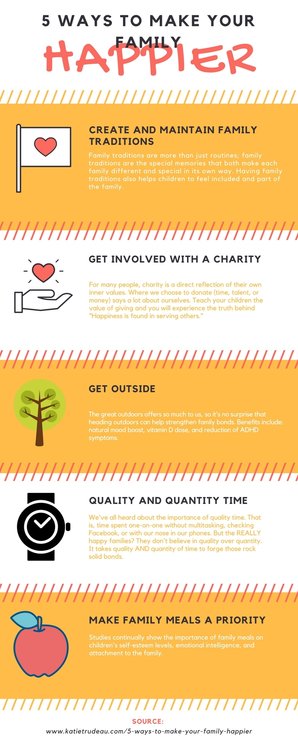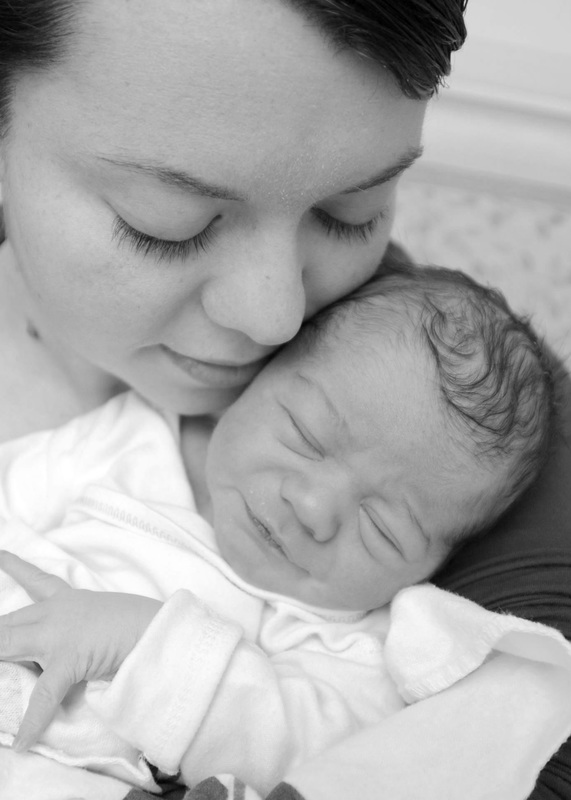Reading opens doors... and hearts
If you know me in real life, you know that I am the biggest book lover. I've devoured entire novels in weekends (I'm looking at you, Harry Potter and the Deathly Hallows.) Even when I was in middle school, I would plow through series like Redwall in no time at all, getting completely lost in the fantasy world.
I also spent my academic career studying English literature and language. I currently teach AP English Literature online. It's 100% safe to say that I love books, reading, and all of the magic that reading can bring. So it goes without saying that I work hard to foster this love of reading in my own three children. As an English teacher, I know that books can be entertaining (i.e. commercial fiction) but they can also be tools that empower our child to do better, be better, live better. Specifically, books can help teach our kids how (and why!) to be kind. The world is in desperate need of more little children who grow up and spread love and kindness. (Somewhere along the lines of Mother Theresa's "Let no one leave you without being happier" quote.) Right? It's our job to raise up kind, loving little humans, and books can be a great asset. 9 books that teach kids how to be kind
Reading to your kids at bedtime
Reading a book at bedtime is one of the coziest times to read to your child. It's also one of the best times to choose a book with a powerful meaning like the importance of being kind. At bedtime, kids are often tucked into bed so they are quiet and receptive to the message. It also gives them time to think about the messages as they drift off to dream land.
What's your favorite book about kindness?
Do you already read at bedtime? Let us know your favorite books!
This site contains affiliate links to products. We may receive a commission for purchases made through these links at no additional cost to you. We only suggest products we love and use.
0 Comments
When I was little, there was nothing quite as exciting as hearing “Let’s go for a walk” after dinner.
Looking back, I’m sure my mom wanted to tire us out before bed, and I definitely use that trick, but a pre-bed walk is so good for your kids ... and you too! After an emotionally-rough winter, we spent the spring and summer increasing our time spent together as a family and much of the that is time spent outside. We've gotten to the point where when I say "walk", my one-year-old daughter runs to get Barry (our Maltipoo) hooked up to his leash. So it's safe to say that we all love this habit. Curious how an after-dinner walk can benefit you? Benefits of an after-dinner walk
Even if your little ones played outside during the day, there are still benefits to going on one more stroll after dinner.
Benefits of a late walk include:
Gear that makes your walk even better
So to be clear, you don't really need anything besides some good shoes for walking, but I've found these things make an after-dinner walk even better.
Stroller Once of the best parts about an after-dinner walk is that everyone in your family can participate. While your older kids can walk (or run), your toddler or baby may just sit back and relax in the stroller. Even if your baby isn't walking, he still benefits from the fresh air, the company, and the sights/sounds of nature. My one-year-old loves riding in the stroller; in fact, whenever we are in the garage, she points to her stroller as if to ask "Is it time yet for our walk?!" If you're in the market for a new stroller, check out the BOB Revolution Flex 2.0 Jogging Stroller. Apple Watch If you're still working on losing baby weight (ahem... me), grab yourself a smart watch and log your calories from your walk. I love my Apple watch, and you better believe, I open the "outdoor walk" each night to keep track of my progress.
Dog Gear
Our dog accompanies us on every walk, and because after-dinner walks can get dark (especially in the fall), it's a good idea to keep your dog safe with a reflective leash or harness. What about you?
Do you go for walks as a family?
This site contains affiliate links to products. We may receive a commission for purchases made through these links at no additional cost to you. We only suggest products we love and use.
When someone asks me, "What is the one baby product you can't live without?", I don't hesitate: it's my Ergo.
10 Reasons You Need a Baby Carrier
This is just a small dent in the reasons why I'm 100% obsessed with babywearing! New to babywearing?
If you're new to babywearing, it can be overwhelming trying to find a new carrier. Although I own several (and love them all), the Ergo is perhaps the easiest for beginners. This one safely allows your baby to face-forward without risking injury to the hips, and it's comfortable and adjustable, which means it can easily go from mom to dad with a few simple adjustments.
Feeling adventurous? Try a woven wrap!
Interested in a woven wrap? Check out this video to see what the Baby Wearin' Dads have to say!
While woven wraps do have a slight learning curve, they do offer a few more advantages over the structured carrier like the Ergo. I like that woven wraps offer a LOT of different options for wrapping your baby. The woven wrap can also feel more snug, and I feel that my youngest takes the longest naps when she's in this wrap.
Don't let the price scare you; these wraps are made to support your baby without sagging or fraying. Once I committed to the woven wrap, I received that it was worth every penny... once your baby starts snoozin', you'll see that they are indeed priceless. Which color grabs your eye?
Do you babywear?
What's your favorite carrier?
This site contains affiliate links to products. We may receive a commission for purchases made through these links at no additional cost to you. We only suggest products we love and use.
I’m not so far removed from reality to think that I am a perfect parent. I know that I am not, but I try my hardest to parent in a loving way that fosters a creative, safe, and warm environment. One of the most powerful tools to make or break a peaceful home is words. Oh, the power of words. I know that the words “don’t cry” can be emotionally damaging to children. Yet, one night, as my patience became totally depleted, I found myself uttering these words without much empathy. My preschooler was upset about something I deemed trivial. “Don’t cry” flew out of my mouth. “Big boys cry too!” He wisely spoke through his tears. Yes, my boy. Boys do cry, and they should. (Please note: I really do mean crying… not whining. Nobody wants a whiner in their house.) Once again, we can turn to science to shed light on an often-feminized topic; crying, as it turns out, is more than just a manipulative tool to get our way. The Health Benefits of CryingEmotional crying (as opposed to tears from the wind or from cutting onions) provides a healthy way for the body to process intense stress and/or emotions. Researchers have discovered that the chemical makeup of these tears are different from non-emotional tears. Emotional tears actually contain: ⦁ Stress hormones (one of which is cortisol) ⦁ Prolactin ⦁ Natural painkiller (leucine encephalin) ⦁ Manganese, which is a natural mood regulator This chemical makeup of real tears is exactly why you feel better after a good cry. As the stress hormone leaves the body, the mental attitude frequently improves, and the crier feels relieved. When we tell boys not to cry, we are cutting off a healthy way for them to process emotions. As the stress hormones build up without release, it sets the stage for rage, anger, and depression. Telling boys not to cry furthers the gender stereotypes Man up. Don’t cry like a girl. Don’t be a sissy. Only girls cry. Only babies cry. The research behind the chemical makeup of tears points out that emotional tears carry stress hormones out of the body – whether that body is male or female. That means that crying is not inherently a trait of femaleness; crying is within human nature. When we tell boys not to cry, it does two things: ⦁ It forces boys into a stereotype that forces a separation of all emotion from manhood. ⦁ It makes any girl who cries inferior. But crying isn’t just for girls. It’s for humans; it’s a safety valve to help us process emotions before we reach the critical point. Teach your sons to cry; teach them to process their emotions. Heck, just teach them about emotions. Teach your daughters empathy, to console a crying boy, to never mock a boy (or man) who cries. Crying Helps the Healing ProcessCertified relationship coach Chris Armstrong stresses the importance of crying as part of the healing process. According to Armstrong: “Crying is an outlet that has less casualties than isolation, anger or passive aggression. Crying is an instant release mechanism that allows the healing process to begin quicker. When men want to cry but don’t, they are simply trading in that outlet for something else. As a result, moving on from whatever wrought the emotion becomes that much harder.” Crying Helps Prevent Mental DisordersThis benefit of crying may seem a bit alarmist at first read; however, Harvard professor William Pollack presented his research at a conference on youth violence prevention hosed by the New York Academy of Sciences. Pollack presented his case that the anger and disconnect of young boys is at the heart of the increasing diagnoses of ADHD and depression.
The idea that boys should be “tough” and independent (too early) often causes an emotional clog, which can lead to depression, anger, and rage. The solution? Teach your boys how to handle emotions and how to cry. Boys don’t need to “toughen up.” They don’t need to stuff their emotions under a rug. To those fearful of perpetuating the tea cup generation: Experiencing emotions does not create the tea cup generation. Experiencing emotions is a part of what sets humans apart from the rest of the animal kingdom. When we embrace our emotions and learn to regulate them, life has a new sweetness to it. So the next time, your little boy cries, fight the urge to say “Don’t cry.” Do you know a new mom - or an expectant mom? You might have gotten her something for her baby shower, but new moms have a whole set of needs once that little bundle makes his/her grand debut. What do new moms REALLY need?
Are YOU a new mom?What did you want/need as a new mom? Comment below!
P.S. If you're expecting and looking for some baby essentials, be sure to check out my kit for crunchy moms. It's a one-stop-shop for new mamas... toxin free of course! 5 Ways to Make Families HappierCreate and maintain family traditions
Family traditions are more than just routines. Family traditions are the special memories that make families different and special in their own way. Having family traditions also helps children feel included and part of the family. Get involved with a charity For many people, charity is a direct reflection of their own inner values. Where we choose to donate (time, talent, or money) says a lot about ourselves. Teach your children the value of giving and you will experience the truth behind the quote "Happiness is found in serving others." Get outside The great outdoors offers so much to us, so it's no surprise that heading outdoors can help strengthen can help create stronger family bonds. Benefits include: natural mood boost, vitamin D dose, and reduction of ADHD symptoms. To learn more about how nature can boost your mood, read this blog post. Quality and Quantity Time We've all heard about the importance of quality time. That is, time spent one-on-one without multitasking, checking Facebook, or with our face buried in a phone. But the REALLY happy families? They don't believe in quality over quantity. It takes quality AND quantity time to forge those rock solid bonds. For more on quality vs quantity, tune in to this podcast episode. Make family meals a priority Studies continually show the importance of family meals on children's self-esteem levels, emotional intelligence, and attachment to the family. Do you have a picky eater? Don't worry, family meals can still be peaceful. Try these tips. What things make your family happier? Comment below! This is second part of the Damage Control Series. For part one, go here. Prevention is key Yesterday's blog post addresses how to repair a relationship after a fight has occurred, which is very useful information, but there's more to damage control that just clean up. This post, Damage Control Part 2, address how to prevent the little things that can lead to simmering and boiling emotions...especially in children. In this sense, this post could be called Preventing Damage. Avoid labels When children (or even adults) demonstrate unwanted behaviors, it's easy to reduce the entire person to just a label.
Don't dismiss feelings Whether you toddler is crying about a blue cup (instead of the red cup) or a broken toe, his feelings on each subject are equally real. Even if you think it is silly to cry over a red cup, don't dismiss your child's feelings... because feelings are real whether you agree with them or not. Resolve underlying issues How often do you find yourself in a fight about something totally random? It's not that uncommon.
As little things build up (dishes undone, dirty laundry on the floor, a missed meeting), we start to simmer. But then there is also one tipping point and we explode. The final straw. And suddenly we are in a fight because our significant other asked us where we want to eat lunch. The fight wasn't really about lunch but rather all of the unspoken issues that added up. But avoiding that can be easy if you resolve each issue as you come across it, and this method works well for any relationship. Sometimes, the answer is simple. Maybe your child is hungry or sleepy - two of the most powerful influencers of mood. Other times, maybe there is a problem with a friend at school. A lot of conflict at home can be avoided (or easily resolved) by digging deep to find the root of the problem. Often, the actual conflicts are just surface level, masking another problem. (Think: hangry toddler upset that the sun is setting. The problem is not the sun, it is the hunger.) What are some ways you prevent fights or struggles in your home? Comment below! Gentle Parenting Myth #3: Parents who Practice Gentle Parenting Don't Have Any Time for Hobbies1/3/2017 Parenting takes effortWhether you are a helicopter parent or a free range mama, parenting is tough, tough work. Raising a child requires you to commit your time and your energy. It's easy to lose your sense of "self", to forgo some of your old hobbies, and get swept up in the consuming role of a parent. Heck, it's hard enough to drink your coffee while it's still hot! Committing to gentle parenting does not mean a bigger risk for losing personal timeThere's a myth circulating that parents who practice gentle parenting are so much more consumed with their children that they lack personal free time as well as time as a couple. The truth is, it is definitely easy to neglect other relationships, but that has nothing to do with gentle parenting. Any parent, regardless of parenting style, can lose their free time. Free time must be diligently scheduled. The key is balance. All parents must balance their role as parent and spouse and human being. It is important for a parent to foster a healthy, happy relationship with his/her spouse and friends. Children thrive in homes where they see their caregivers spending quality time together. Why parents need "me time"?Time spent doing what you love benefits not only you but your relationship with your children. Why is "me time" so important?
What do you like to do in your free time? Comment below!
Nearly every expectant mother has taken a stroll down the parenting section of a bookstore (or scrolled through it on a Kindle.) There is no shortage of parenting books. In fact, the market is pretty saturated, but there is a reason parents read about parenting strategies, methods, tips, and hacks. We all want parenting to be easier, to find some secret sauce that makes our bundles of joy ... well... joyful. So it makes sense that when we implement and diligently follow a certain method that we expect it to work. Myth #2This myth is actually the opposite of the first myth (that kids will rule the house and there will be no discipline). Myth #2 propogates the idea that if gentle parenting is so peaceful, then you should have angelic baby angels who comply at all times and never misbehave. Gentle parenting does not ensure 100% well-behaved childrenNewsflash! Children are... well... people. They are not "mini adults", but they are people. People with free will and big emotions, real feelings, and unique opinions. As such, kids who grow up are not automatically well-behaved. Why practice gentle parenting then?Gentle parenting is all about the long-term investment. You are raising the children of today, but you are also raising a man or woman of tomorrow. How they are raised now does affect who they will be tomorrow. The truth is that choosing to parent gently does not mean that your child will behave perfectly all of the time.
Yes, children will still throw tantrums and meltdown, but the point is that those tantrums are met with respect, listening, and empathy. Through the parental modeling of respect and empathy, the child learns respect and empathy. The goal of gentle parenting is not to create a perfect son or daughter. While the majority of the world models harsh responses (such as yelling) to unwanted behavior, the goal of gentle parenting is to model a response (ie. listening, etc) that can both teach and correct the child without damaging his/her emotional well-being. Have you encountered any resistance to your gentle parenting? My oldest son had just come home from a playdate with his Memaw. As my mom dropped him off, she beamed at how good he was. He was polite and chipper and chatty. They played, did arts and crafts, and went out for lunch. It was the perfect day and my boy had been angelic. So you can imagine my surprise when he started running and screaming and having a meltdown. My mom stared in disbelief and said, "Wow. He was so good today." I knew what was happening, though. I had seen it before. The dreaded I-was-good-for-other-people-but-now-I'm-gonna-meltdown-for-Mommy syndrome. What gives? I want to be greeted with kisses and hugs - not meltdowns! But here's the thing: being good is exhaustingBeing good and following the rules and listening to the adults is hard work. Exhausting work. It takes so much energy for young kids to be "on their best behavior" that when they come home, they are just over it. And my son hit the nail on the head. I set him on his bed, thinking that some quiet time with a book or a cuddle could recharge his mood. I asked him, "What's wrong? Why did you spiral out of control?" His answer made my jaw drop: "I'm all behaved out. Being good was hard work and I'm really tired." Of course, it was. So I tucked my little guy in and he got some very needed rest. Three things to know about why kids reserve their worst behavior for usIf, at first, it hurts yours feelings that your son or daughter saves all their best behavior for others and then unleashes the dragon on you, fear not. Here's some helpful info to remember.
Does your child behave well for others and save the crazy stuff for you? What do you do? How do you make the transition easier for your child? |
About KatieWife & Mama with a passion for peaceful parenting, natural living, homeschooling... and my daily café au lait. Archives
July 2020
Categories
All
|


